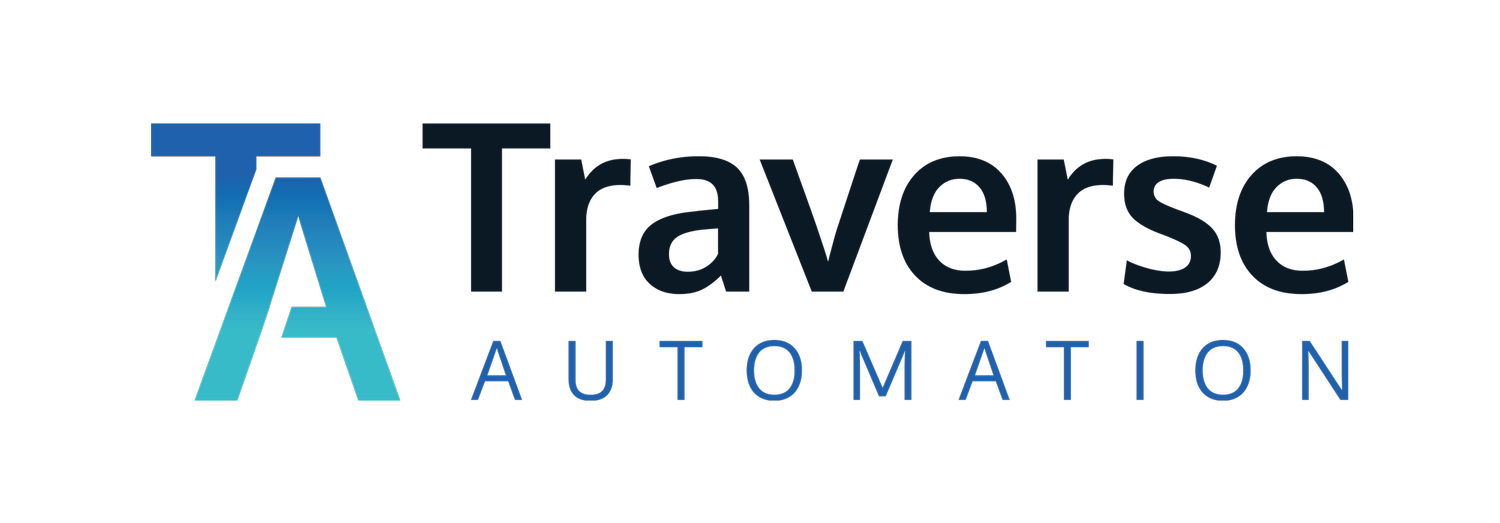How AI Models Handle Data: What You Need to Know About Safety & Compliance
Artificial Intelligence (AI) has become an integral part of data driven decision making, automating processes across industries such as travel, finance, and healthcare. However, as AI systems become more advanced, businesses must be aware of how AI models collect, process, and store data, ensuring security and compliance with regulations like GDPR, CCPA, and ISO 27001.
AI models rely on vast amounts of structured and unstructured data to learn and make accurate predictions. While this enables greater efficiency, it also introduces risks related to data privacy, security breaches, and ethical concerns. Understanding how AI handles data is crucial for businesses adopting AI powered solutions, ensuring that they mitigate risks while maintaining transparency and compliance.
How AI Models Process Data
1. Data collection and ingestion
AI models begin with data ingestion, pulling information from various sources such as CRM systems, APIs, transaction logs, web scraping, and user interactions. This data may include structured formats, such as databases and spreadsheets, or unstructured formats like emails, PDFs, and images.
One of the key challenges in this phase is ensuring that the data collected aligns with privacy regulations. Businesses must avoid gathering unnecessary personal information (PII) and sensitive user data without proper consent. Data minimisation is a crucial principle in AI governance, ensuring that only the required data is used for AI model training.
2. Data preprocessing and anonymisation
Before AI models can learn from the data, it undergoes preprocessing, which includes cleaning, structuring, and normalising the dataset. This process ensures that AI can extract meaningful patterns and insights from the data.
To enhance data security, businesses often implement anonymisation techniques, where personally identifiable information is removed or replaced with pseudonyms. However, AI models can still infer user details through complex pattern recognition, making it critical to apply differential privacy measures that prevent re-identification.
Another consideration is bias detection, where businesses must assess whether their datasets contain historical biases that could affect AI predictions. Without careful oversight, biased data can result in discriminatory decision making, particularly in pricing strategies, hiring processes, and customer profiling.
3. Model training and learning
Once data is pre-processed, AI models undergo training using various machine learning approaches, including supervised learning, where AI learns from labelled datasets with predefined inputs and expected outputs, unsupervised learning, where AI identifies hidden patterns in unstructured data without predefined labels, and reinforcement learning, where AI improves through trial and error, adjusting based on rewards and penalties.
During this phase, businesses must ensure data integrity and prevent data poisoning attacks, where manipulated or malicious data is injected to mislead AI predictions. Implementing secure AI training environments and robust validation techniques is essential to maintaining model reliability and ensuring accurate, unbiased outcomes.
4. Data storage and security measures
Once trained, AI models store and retain data to improve performance over time. Depending on business needs, data may be stored in:
Cloud-based platforms (AWS, Azure, Google Cloud)
On premise databases for sensitive information
Federated learning models, which train AI without centralising user data
Storage security is a critical factor in AI compliance. Businesses must implement encryption, access control mechanisms, and secure data retention policies to prevent breaches. AI systems should also support automatic data deletion to comply with GDPR’s “Right to be Forgotten” principle, ensuring that user data can be removed upon request.
5. AI deployment and live data processing
Once AI models are deployed, they begin making instant decisions based on incoming data. This is where continuous monitoring and governance frameworks become essential. Businesses must track how AI processes new customer interactions, transactional data, and operational insights, ensuring that models remain accurate and compliant.
However, AI models can be vulnerable to adversarial attacks, where cybercriminals manipulate inputs to trick AI into making incorrect decisions. To mitigate this, businesses must adopt AI model security audits, anomaly detection tools, and ethical AI frameworks to safeguard live processing environments.
AI and Data Security in the Travel Industry
For travel businesses, AI plays a crucial role in automating critical processes such as dynamic pricing, fraud detection, booking confirmations, and customer support. However, with large amounts of sensitive customer data being processed, including passport details, payment information, and travel itineraries, ensuring data security and regulatory compliance is more important than ever.
Common Challenges for Travel Companies Using AI
Protecting personal data while delivering custom fit travel experiences
Ensuring compliance with international regulations like GDPR and PCI DSS for payments
Preventing fraudulent bookings and financial losses through AI-driven anomaly detection
Safeguarding AI models from malicious data inputs and security breaches
Travel businesses adopting AI must implement robust data encryption, role based access controls, and continuous compliance monitoring to maintain trust and protect customer information.
Final Thoughts
AI is revolutionising how businesses handle data, offering greater efficiency, automation, and predictive capabilities. However, without proper data safety measures and compliance strategies, AI adoption can expose businesses to security vulnerabilities, privacy breaches, and legal risks.
For travel companies, balancing AI-driven automation with strict data security measures is essential to ensuring smooth operations, customer trust, and regulatory adherence. By implementing strong governance frameworks, monitoring AI model behaviour, and maintaining transparency in data processing, businesses can leverage AI responsibly while protecting sensitive data.


